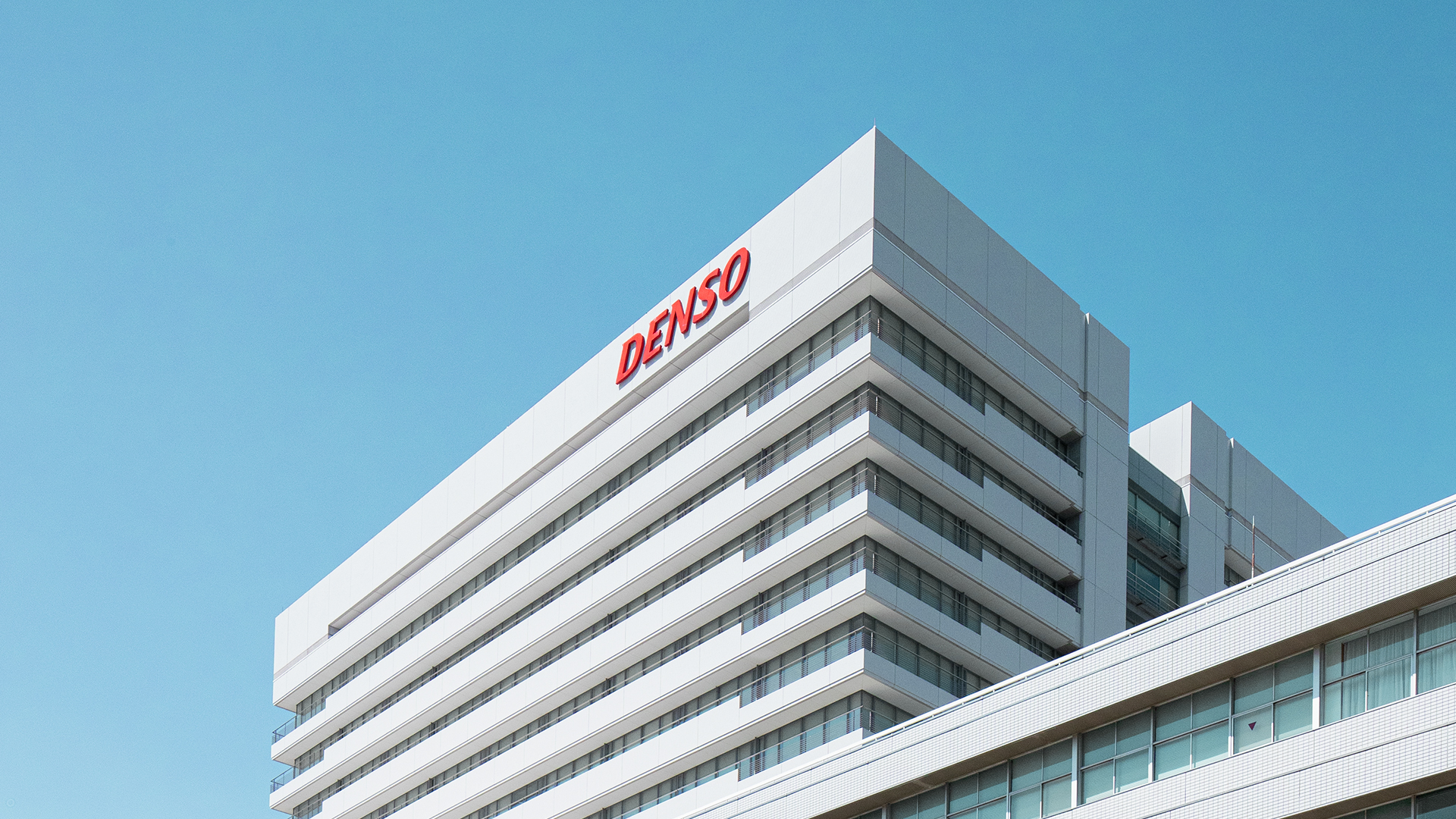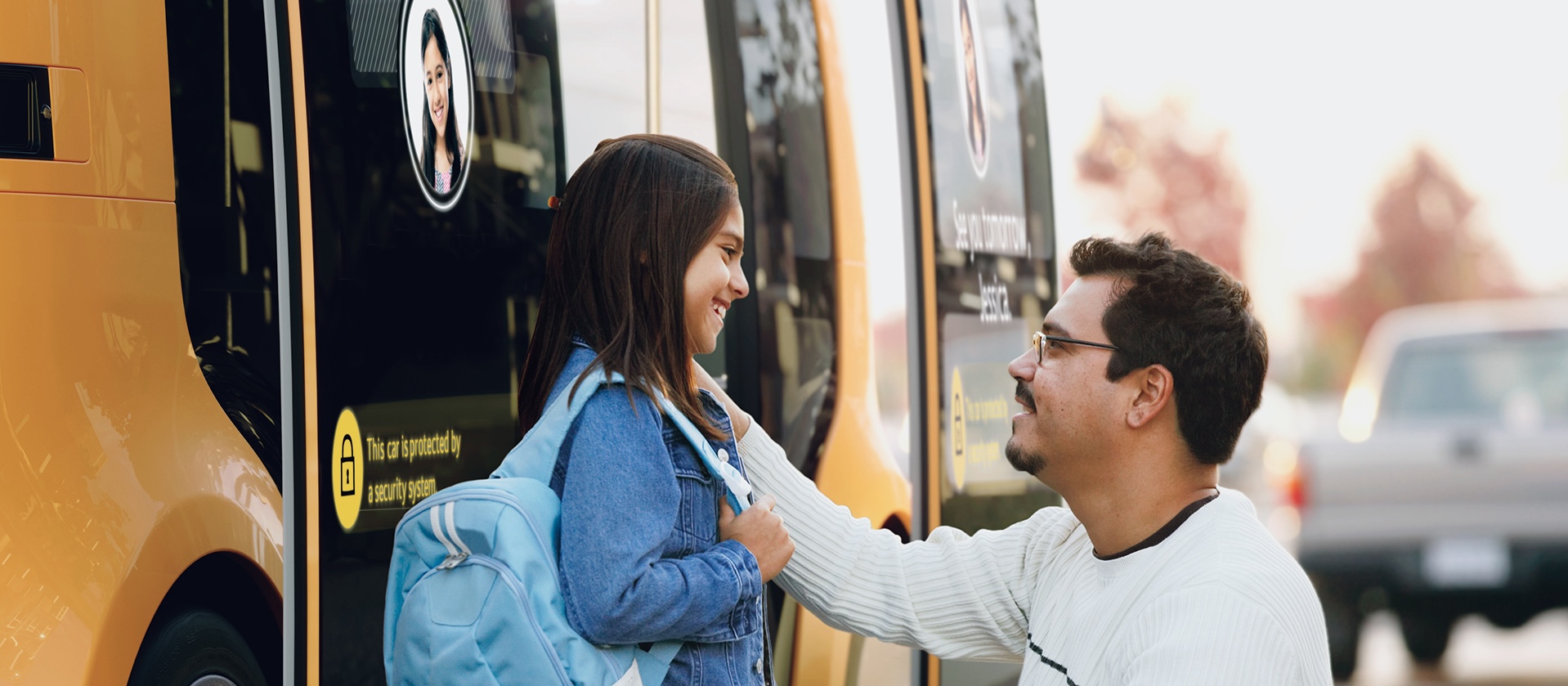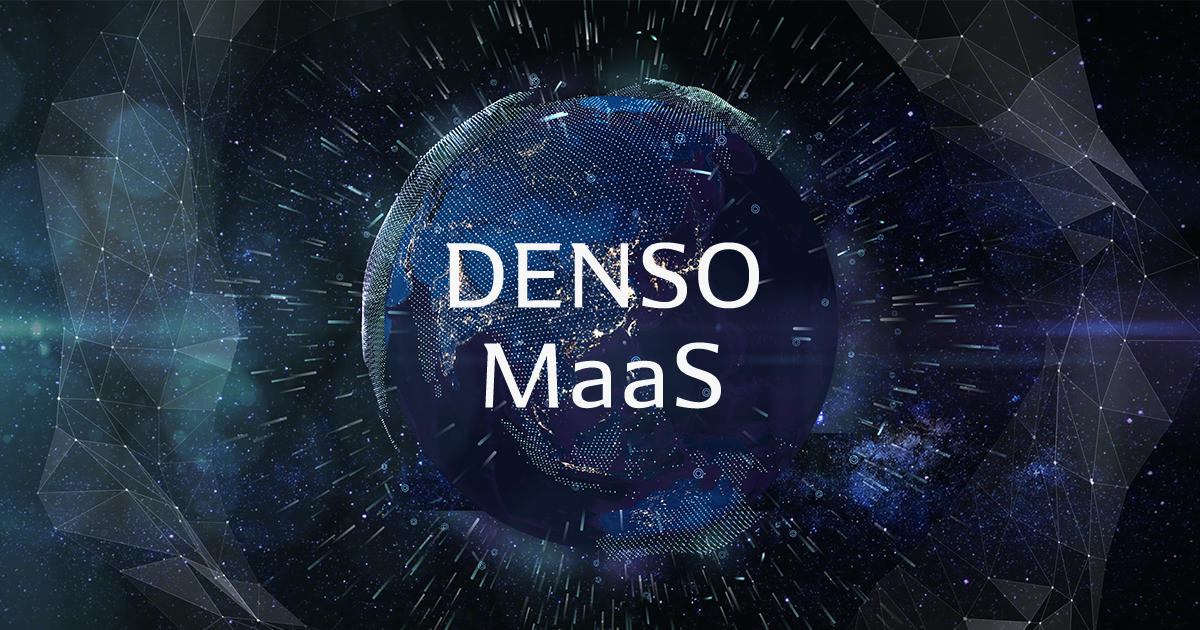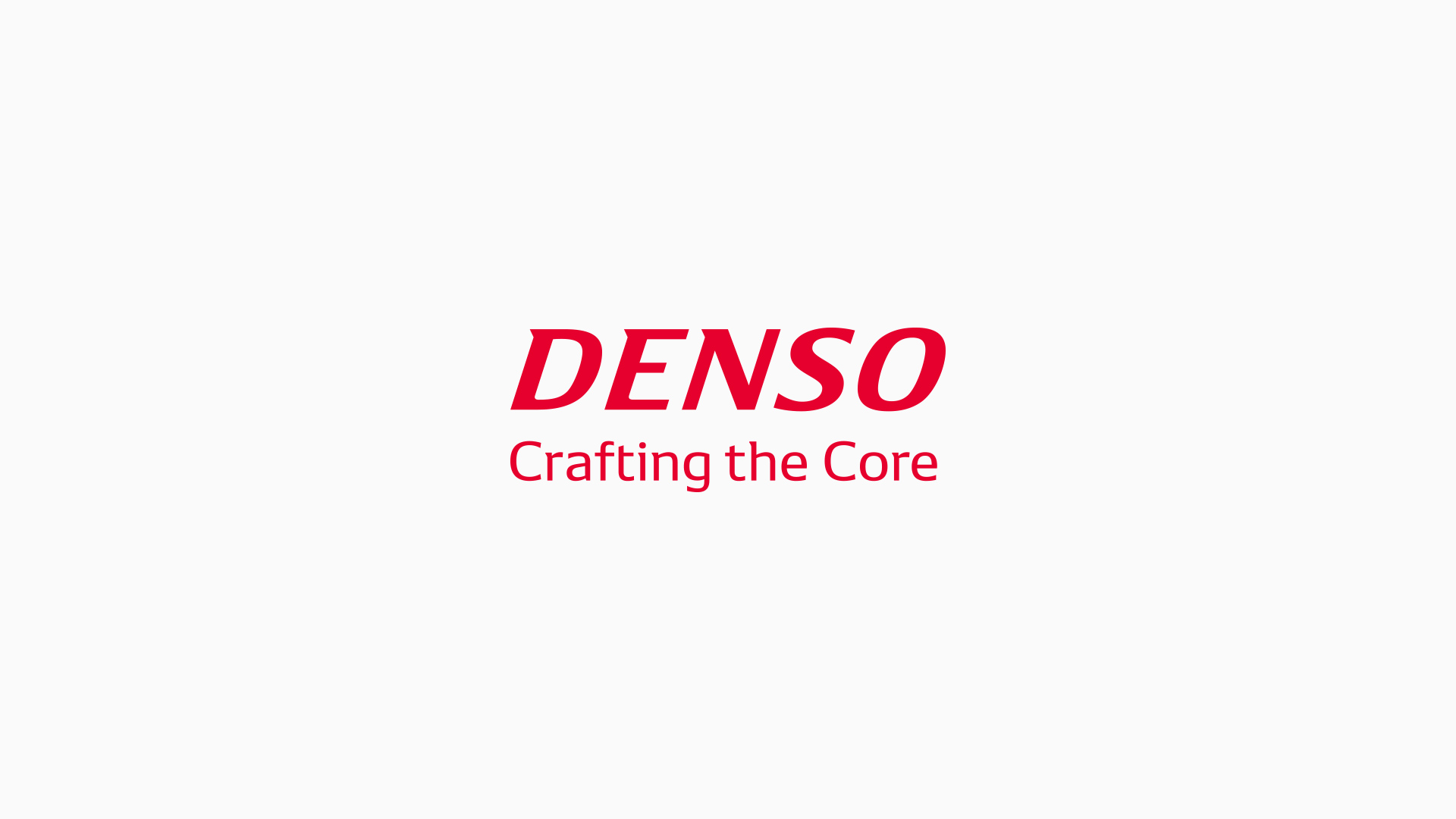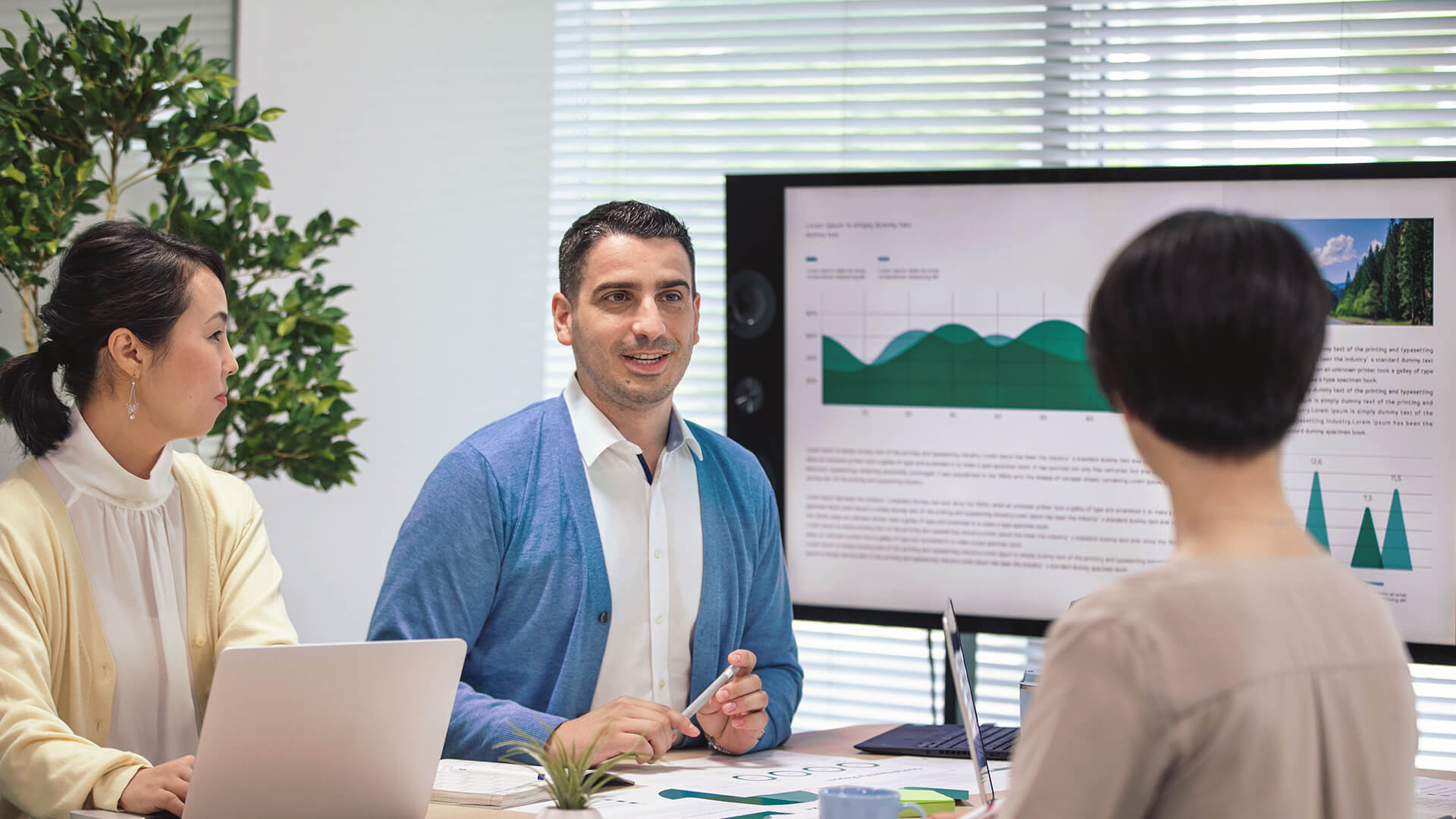Stakeholder Dialogue Fiscal 2011 in China
Date: June 17, 2010
Place: A hotel in Beijing
Dialogue themes
Part 1: Fulfilling CSR in China
Part 2: Social contribution in China (opinions and proposals)
Participants
Yang Liu
Project manager of the Multinational Corporation Research Center, Ministry of Commerce Research Institute, People’s Republic of China
Zhang Junfeng
Deputy director of the Institute of International Labor and Social Security, Ministry of Human Resources and Social Security
Chang Cheng
Project coordinator of the research and survey section of Friends Of Nature
Guo Yi
Associate Professor, Department of Economics, School of Economics, Beijing Technology and Business University
Participants from DENSO (China) Investment Co., Ltd. (DICH)
President Yamada, Managing Director and Vice President Fudauchi, Vice President Ito, President’s Assistant Hayashi, Director Fuse, Manager Shen, Deputy Manager Shao, Chief Zhou
Facilitator
Kazunori Kobayashi (President, EcoNetworks Co.),
Guo Peiyuan (President, Syntao)
Main opinions, proposals, etc.
Part 1: Fulfilling CSR in China
Top management’s awareness and information disclosure are the key to promoting CSR. (Ms. Yang)
Engaging in CSR incurs costs and is incompatible with the pursuit of profit in the short term. CSR-related education has a long way to go. Local employees are not yet ready to take the initiative in such activities. Meanwhile, it is not easy to quickly carry out CSR because top management are sent to local companies for only a limited time.
At DENSO’s overseas subsidiaries, compliance leaders are appointed, and the status of respective companies is benchmarked every six months. The information is shared within the group. After reading the CSR report, I thought that compliance should be managed by an organization equivalent to the Board of Directors. The top priority is to raise the awareness of top management. Transparency in information disclosure should also be increased. Japanese companies need to take the lead in CSR in China.
In its activities, DENSO should understand and focus on the particular situation in China. (Mr. Zhang)
Respect for differences was included in ISO 26000 at China’s request. DENSO should closely monitor the situation in China when conducting CSR. Workers have become increasingly aware of their rights as the structure of the workforce has changed.
In all industrial sectors, the percentage of migrant workers is high; they migrate from farming villages to coastal areas to work as seasonal workers. From the 1980s to 1990s, they cared little about labor conditions because they just wanted to make money and then return to their villages for farming. However, the second generation of such workers has a strong sense of entitlement. Their goal is to improve living standards, and they are determined to maintain their rights.
This is why many issues have arisen regarding these workers. At other foreign companies, the salary difference between employees sent from the head office and migrant workers is more than ten-fold, causing growing dissatisfaction among the workers. This DENSO stakeholder dialogue is an important milestone, and DENSO should hold more dialogues in the future.
CSR activities should be upgraded through active dialogue and collaboration with NPOs. (Mr. Chang)
We work on various environmental activities. For example, we worked with companies to create the “Guidelines for Green Life,” a booklet for raising awareness about eco-friendly activities. This booklet offers useful information about environmental conservation in daily life, and is also used by companies for employee education. We also work with other NPOs to gather information in various fields, create air and water pollution maps, etc., and support the government’s management and supervision systems. We also conduct surveys to monitor companies’ supply chains. To promote environmental conservation, it is necessary to change attitudes and switch the relationship between NPOs and companies from confrontation to dialogue. When conducting environmental activities, companies must keep local laws in mind, and so they should work closely with NPOs that have much experience.
Unique CSR promotion models in China, and the purpose of reports (Mr. Guo)
There are four CSR models in China: (1) a government-led model based on laws and regulations, (2) a supply chain model to follow the policy of the head office outside China, (3) a bottom-up model led by citizens and NGOs, and (4) a fountain model to spread from the downstream to the entire supply chain. The third model has been emerging as the driving force for CSR. Meanwhile, there are three types of companies in China. First, state-managed companies underpin the key industries and have a significant impact; they take the lead in CSR. Second, private companies (99% of which are SMEs) face environmental and labor issues; they have limited human and financial resources, and their awareness of CSR is low. Third, foreign-affiliated companies work on issues particular to China based on expertise in their home countries; these companies are subject to benchmarking. The government strictly controls the government-owned companies, requires them to conduct CSR and prepare reports, and organizes many seminars etc.
At present, about 580 CSR reports are issued, but unfortunately they are issued in response to external pressure, not at the companies’ own initiative. They are written from the viewpoint of the companies and lack substance. The government plans to commend CSR activities in different industries and regions. Publication of CSR reports is the first step and a prerequisite for fulfilling CSR. This plan is expected to give impetus to CSR activities.
Part 2: Social contribution in China (opinions and proposals)
Linkage with the main business
CSR activities should be linked with the main business. Regarding vehicle-related activities, DENSO should take full advantage of its unique business to raise consumer awareness, to encourage drivers to fasten seatbelts, avoid drunk driving, etc. Donation activities alone, which are not linked with the business, will be short-lived. This also applies to DENSO’s dialogue. It is essential to hold dialogues, review the effectiveness, and consider how to reflect the feedback in business operations.
After the 2008 Sichuan earthquake, major construction companies worked together to rebuild schools, and computer manufacturers offered distance education via the Internet and IT education for migrant workers. These companies worked on social contribution activities that were directly linked with their main business. DENSO should take advantage of its strength to help communities solve their issues. In China, CSR activities are often limited to general activities; they are not adequately optimized for respective communities. Regarding CSR reporting, DENSO should publish reports regularly in response to stakeholders’ requests.
Welfare for persons with disabilities
In China, there are about 70 million persons with disabilities. They can receive living expenses, but a self-reliance support system has not been established. In addition to donating wheelchairs, DENSO should help provide education and self-reliance support to persons with disabilities. Since last year, driving licenses have been issued to persons with disabilities, but due to the lack of ongoing support, persons with disabilities pose a danger to traffic. DENSO should provide support, such as modifying the vehicle structure.
Environmental conservation activities
Environmental conservation activities require expertise. For example, when planting seedlings, species suitable for respective areas need to be selected. DENSO should work on CSR with NPOs that are familiar with local communities and have personal networks.
Social contributions
Many companies work on social contribution activities to help advertise their products. Japanese companies are discreet in this regard. I have heard that there is a fund that offers financial resources to entrepreneurs who start businesses for the public interest, and that more than 10 projects have been financially successful. We sometimes receive inquiries from companies about what social contribution activities they should start. It is essential to ascertain what employees wish to do and consider how to increase their motivation.
A message from the secretariat
This dialogue helped increase our awareness about how China has developed and what roles companies should play in modern society. We believe that CSR means to think and act from the viewpoint of communities and citizens.
We have few opportunities to come into contact with end users, and we are not good at disseminating information to general consumers. Nevertheless, it is necessary to encourage the Chinese people to improve traffic safety by raising their awareness of preventing traffic accidents, easing traffic congestion, etc. The proposals and other feedback from the experts will help us to formulate a vision for the future. We wish to engage in business operations and social contribution activities that employees find worthwhile.
(CSR Promotion Dept., Corporate Planning Div.)



